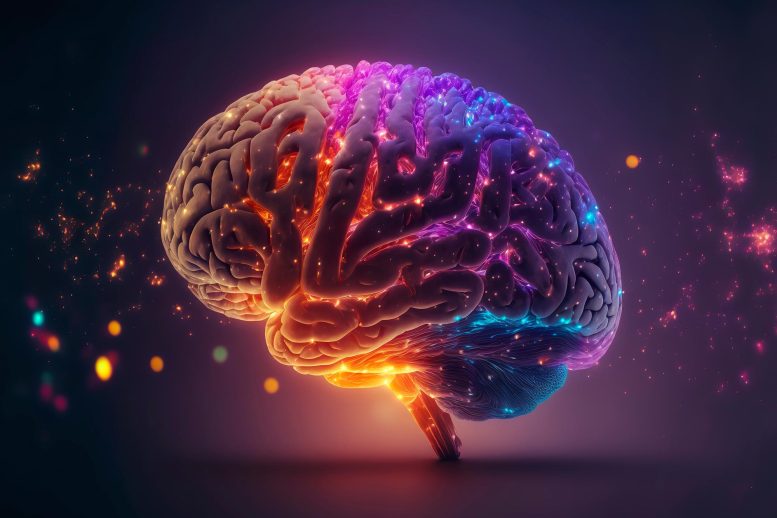
New research has demonstrated the antidepressant and anti-stress effects of KNT-127, a potent delta opioid receptor (DOP) agonist, in a mouse model. The study showed KNT-127 reducing inflammation and newborn neuronal death in the hippocampus, potentially offering a more effective, faster-acting treatment for depression with fewer side effects than conventional antidepressants.
Researchers have developed a potential depression treatment that demonstrates both stress-relieving and anti-depressant effects with minimal side effects.
Millions of individuals globally grapple with depression stemming from psychological stress. However, the majority of existing antidepressant medications suffer from limitations, such as slow action, the potential for developing resistance, and serious side effects, demanding the need for more effective treatment options.
Delta opioid receptors (DOPs) have been identified as instrumental in the progression of depression and related disorders. Past research has shown that DOP agonists (agents that bind to DOPs, mimicking the action of the naturally occurring substance) exhibit improved effectiveness and fewer side effects compared to most conventional antidepressants. Recent investigations have spotlighted KNT-127, a potent DOP agonist, demonstrating significant antidepressant efficacy, rapid onset of action, and minimal side effects. Yet, the precise mechanism of its operation remains not well understood.
To this end, Prof. Akiyoshi Saitoh, Mr. Toshinori Yoshioka, Jr. Associate Prof. Daisuke Yamada, and Prof. Eri Segi-Nishida, at the Tokyo University of Science, along with Prof. Hiroshi Nagase from the University of Tsukuba, set out to assess the therapeutic and preventive effects of KNT-127 in a mouse model with depression. The findings of this study were recently published in the journal Neuropharmacology.
Explaining the motivation behind their study, Prof. Saitoh explains, “We previously discovered that delta-opioid receptor (DOP) agonists may quick action and have a low risk of side effects compared to existing drugs. Thus, we have been working on their clinical development as a new treatment strategy for depression. In this study, we attempted to elucidate the mechanism of antidepressant-like effects of KNT-127, a selective DOP agonist, in a mouse model of depression.”
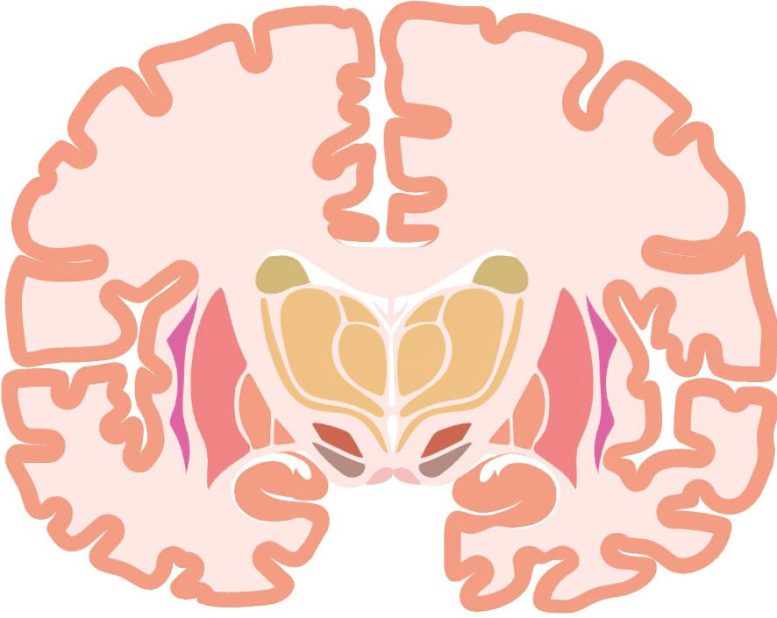
Researchers from Japan demonstrate that a DOP agonist, KNT-127, alters the hypothalamic-pituitary-adrenal axis, hippocampal neurogenesis, and neuroinflammation, to exhibit therapeutic and prophylactic effects. Credit: 202102 Frontal plane of the brain hippocampus” by DataBase Center for Life Science (DBCLS)
The hypothalamic-pituitary-adrenal axis, hippocampal neurogenesis, and neuroinflammation are regarded as the major factors in the processes leading to the development of depression. Thus, understanding the effect of KNT-127 on the above parameters was crucial to decoding its underlying working principle.
To this end, Prof. Saitoh and team created the depression mouse model called chronic vicarious social defeat stress (cVSDS) mice, by exposing five-week-old male mice to extreme psychological stress for 10 minutes per day, repeated for 10 days. Next, KNT-127 was given to the mice both during (10 days) and after (28 days later) the stress period, to assess its efficacy.
They observed that prolonged administration of KNT-127 during (anti-stress effect) and after stress (anti-depressant effect) period, significantly improved social interaction and levels of serum corticosterone (a hormone secreted under stress in mice) in cVSDS mice. Moreover, KNT-127 administration during stress, suppressed stress-induced newborn neuronal death in the hippocampus, rather than increasing neurogenesis, or the formation of new neurons. In contrast, when administered after stress, KNT-127 did not affect newborn neuron survival rate at all. Furthermore, unlike conventional antidepressants, KNT-127 did not affect neurogenesis even under stress-free conditions.
Psychological stress increases the number of microglia and activated microglia in the brains of cVSDS mice. Interestingly, under both models of delivery, KNT-127 suppressed microglial activation and hence reduced inflammation in the hippocampus.
In a nutshell, during and post-stress period, KNT-127 prevents neuronal inflammation and reduces newborn neuronal death without affecting neuron formation to exert anti-stress and anti-depressant-like effects, respectively. However, further research is warranted for better insights regarding DOP agonists and the mechanism underlying their anti-depressant effects.
The anti-stress effect of KNT-127 may offer added benefits for patients during treatment. Prof. Saitoh elaborates, “Patients with depression often have to face situations where they cannot avoid stressful environments, even during treatment. Therefore, we believe that the additional anti-stress effect during the treatment period has important clinical significance.”
Prof. Saitoh concludes by sharing their vision for the future, “We expect that the successful clinical development of DOP agonists will greatly broaden the options for the treatment of depression in the future.”
Reference: “KNT-127, a selective delta opioid receptor agonist, shows beneficial effects in the hippocampal dentate gyrus of a chronic vicarious social defeat stress mouse model” by Toshinori Yoshioka, Daisuke Yamada, Eri Segi-Nishida, Hiroshi Nagase and Akiyoshi Saitoh, 30 March 2023, Neuropharmacology.
DOI: 10.1016/j.neuropharm.2023.109511
This work was supported by the Cyclic Innovation for Clinical Empowerment as part of the Japan Agency for Medical Research and Development (AMED).


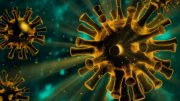
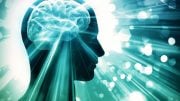

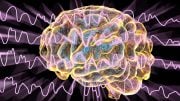
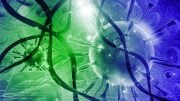
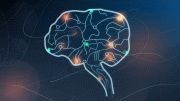

DŌP (Dope)… Yep. About what one would expect. Don’t change your focus or LIFESTYLE. Treat the SYMPTOMS! SWALLOW this pill! And your troubles will fade.
Maybe… one should just Cut To The Chase and get a Pavlovian chip implant in one’s brain; then move underground and settle to the HORIZONTAL.
PEACE AND TRANQUILITY NOW!
¿?
DOH!
It’s still good news. The more we know, the better. But drug companies will sell you anything they can sell. Opiates sell well.
I worry about the addiction potential on all dopamine agonists.